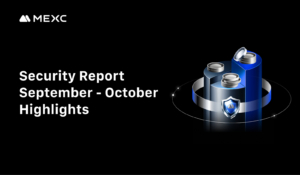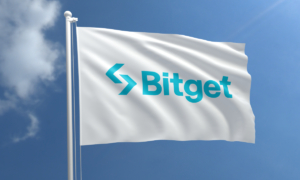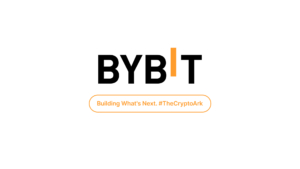Mantle Partners with Anchorage Digital to Deliver Secure Institutional Custody for $MNT on Ethereum
Mantle, a leading distribution and liquidity layer for real-world assets (RWAs), built on Ethereum Layer 2 network, announced that its native token, $MNT (on Ethereum), is now supported by Anchorage Digital’s secure custody and self-custody wallet Porto. A regulated crypto platform trusted by institutions, Anchorage Digital is also home to the first and only federally chartered crypto bank in the United States. The announcement marks a transformative step in making Mantle’s on-chain economy accessible to











